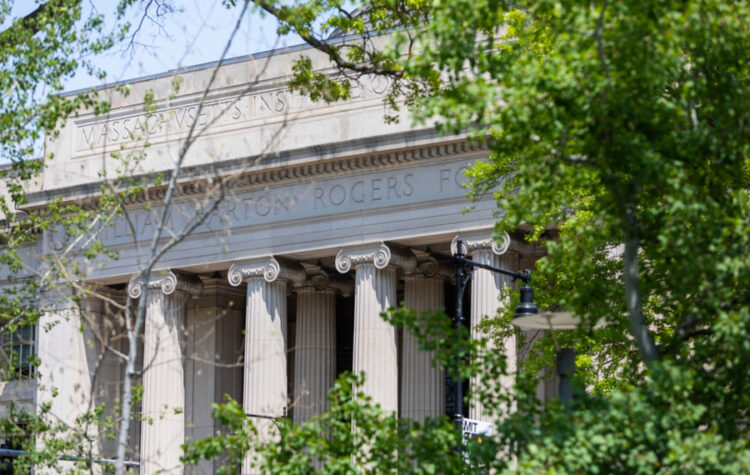
The Institute also ranks second in five subject areas.
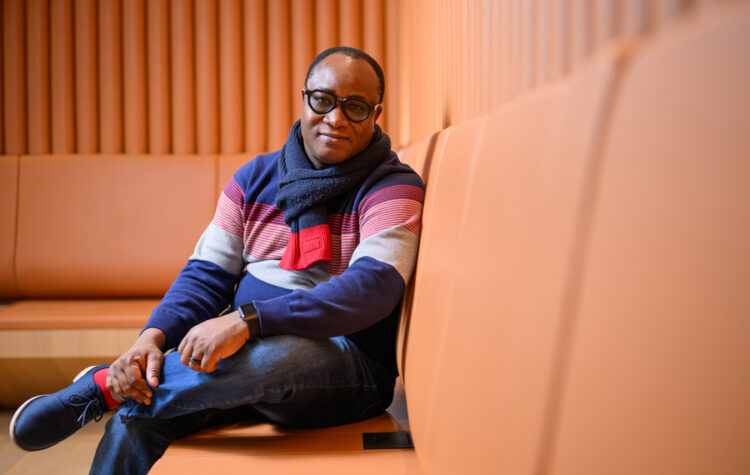
Optimizing nuclear fuels for next-generation reactors
While working to nurture scientific talent in his native Nigeria, Assistant Professor Ericmoore Jossou is setting his sights on using materials science and computation to design robust nuclear components.
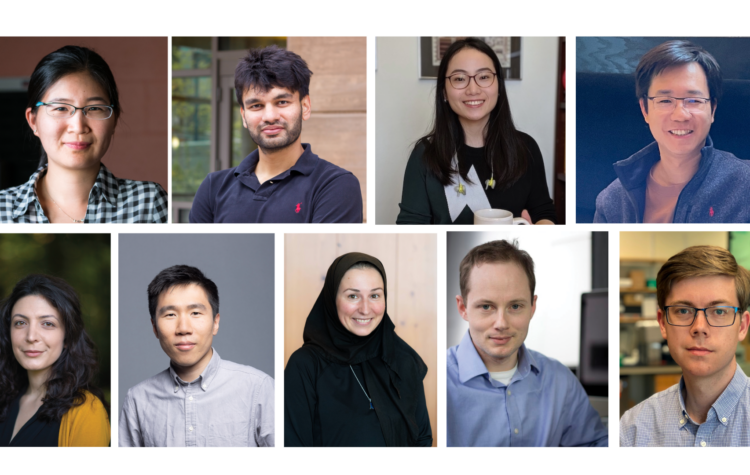
Department of EECS Announces 2024 Promotions
The Department of Electrical Engineering and Computer Science (EECS) is proud to announce multiple promotions.
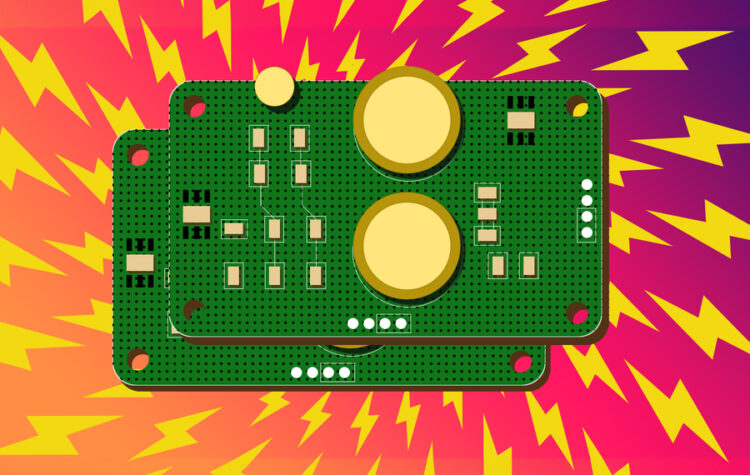
Self-powered sensor automatically harvests magnetic energy
A system designed at MIT could allow sensors to operate in remote settings, without batteries.
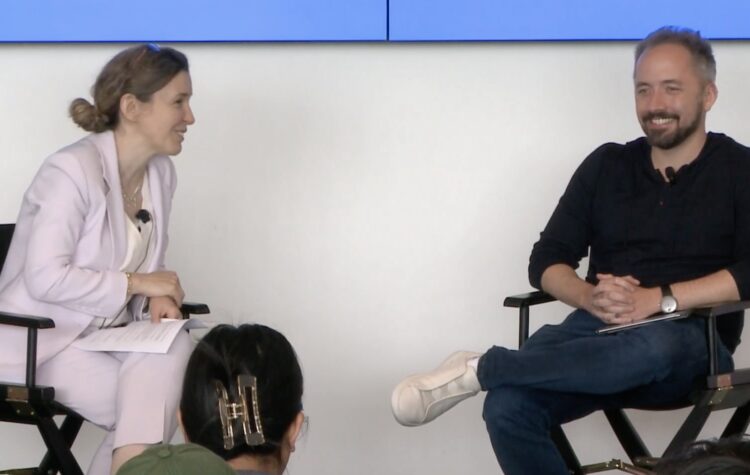
EECS Alliance Roundup: 2023
Founded in 2019, The EECS Alliance program connects industry leading companies with EECS students for internships, post graduate employment, networking, and collaborations. In 2023, it has grown to include over 30 organizations that have either joined the Alliance or participate in its flagship program, 6A.
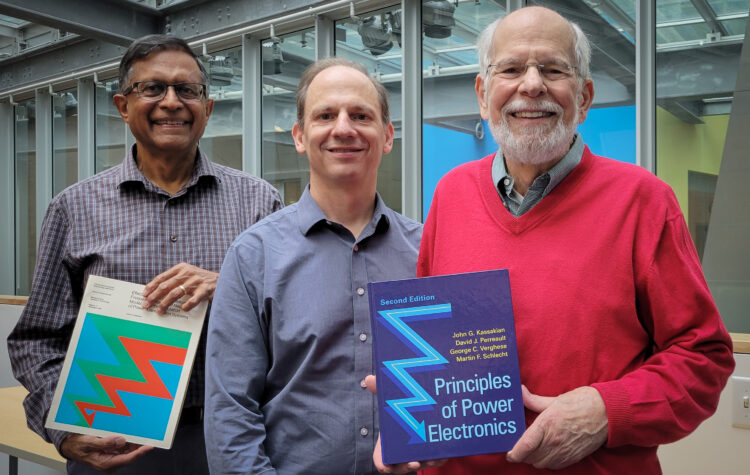
“Principles of Power Electronics” meets a milestone
The second edition of George Verghese, John Kassakian, and Devid Perreault’s “Principles of Power Electronics” greatly expands upon the first, and weighs in at a hefty 4.6 pounds and 800 pages–a reflection of the increased stature and importance of power electronics to a whole new generation of electrical and computer engineers.
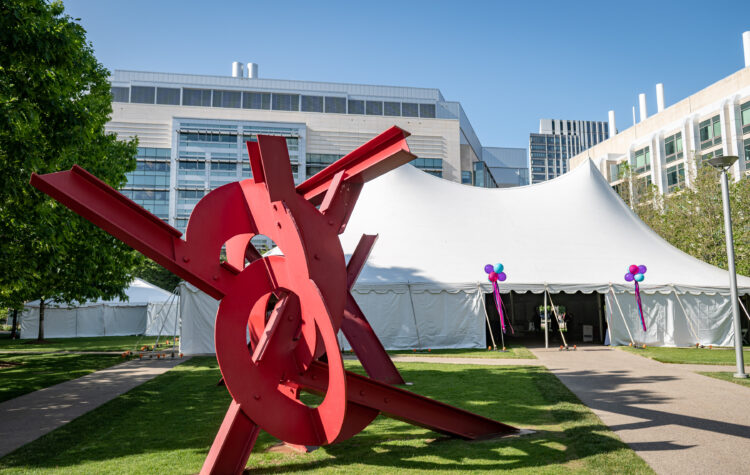
2023-24 EECS Faculty Award Roundup
This ongoing listing of awards and recognitions won by our faculty is added to all year, beginning in September.
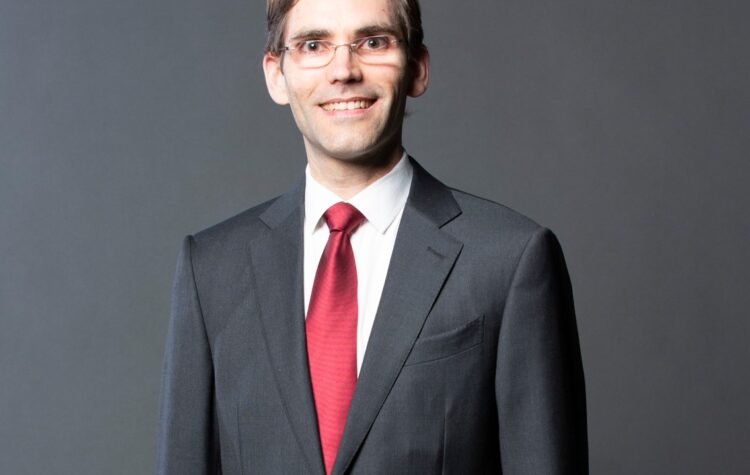
Palacios named Associate Director of new semiconductor research center; Jing Kong, Farnaz Niroui, Luqiao Liu, and Bilge Yildiz to act as PI’s.
The new research center will bring together researchers from nine different higher education institutions, with a focus on developing energy-efficient semiconductor materials and technologies.
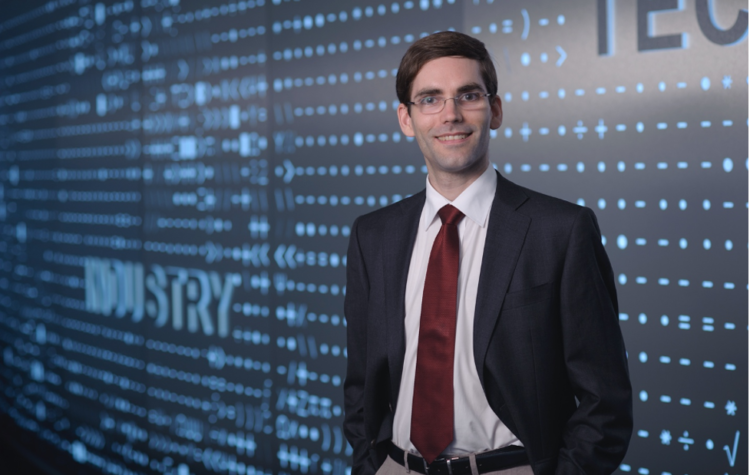
Tomás Palacios named new Director of the Microsystems Technology Laboratories (MTL)
The Microsystems Technology Laboratories (MTL) will now be helmed by a new director.
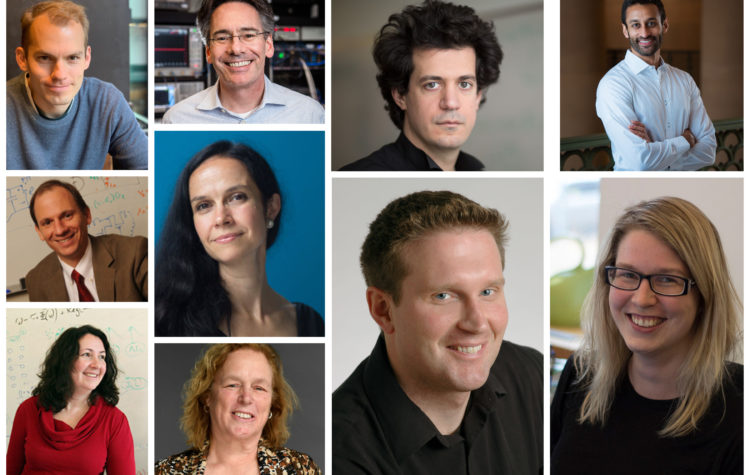
Recent chair announcements within EECS
The Department of Electrical Engineering and Computer Science (EECS) recently announced the following crop of chair appointments, all effective July 1, 2022. Karl Berggren has been named the…